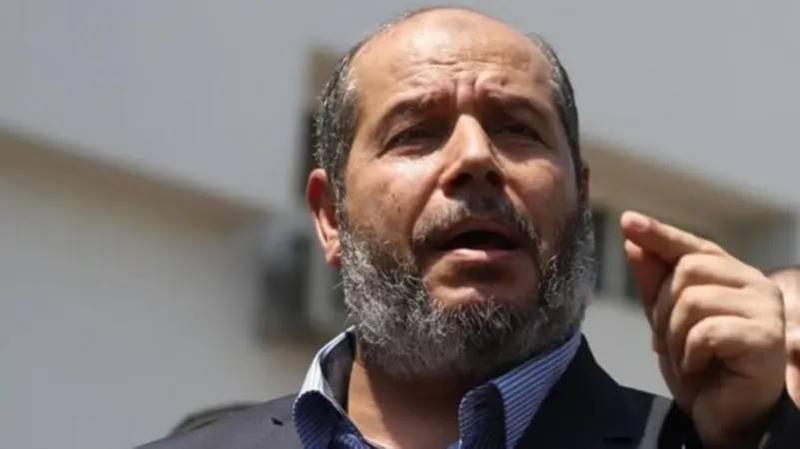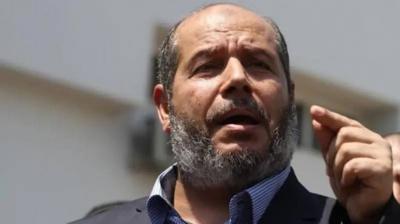Amid a deadlock surrounding ceasefire negotiations in Gaza and prisoner exchanges between Israel and Hamas, a prominent leader of the Palestinian movement made a statement that could be interpreted as a significant concession. Khalil Hayya, a senior figure in Hamas, confirmed that the movement is ready to agree to a ceasefire for five years or more with Israel, relinquishing its weapons and transforming into a political party if a Palestinian state is established within the 1967 borders. He added that the movement would accept “a fully sovereign Palestinian state in the West Bank and Gaza, and the return of Palestinian refugees in accordance with international resolutions based on the 1967 borders.” He further stated, “If this happens, the military wing of the group will be dissolved.”
In an interview from Istanbul with the Associated Press, Hayya, who represents Hamas in the prisoner negotiations, noted that all experiences of those who have struggled against occupiers show that when they gained independence and secured their rights and state, they transformed into political parties, and the fighting forces defending them became a national army. He indicated that the movement wants to join the Palestine Liberation Organization, headed by Fatah, to form a unified government for Gaza and the West Bank. However, he did not clarify whether his clear endorsement of the two-state solution would signify an end to the Israeli-Palestinian conflict or if it was a temporary step towards the movement's declared goal of destroying Israel.
Regarding Israel's plans to invade the southern city of Rafah, where it believes the last four brigades of Hamas are fortified, Hayya expressed that such an attack would not succeed in destroying the movement. He claimed that Israeli forces “have not destroyed more than 20% of Hamas's capabilities, neither human nor operational.”
On the coordination and communication between the political leadership abroad and the military leadership inside Gaza, he confirmed that it has not ceased during the war, noting that decisions and directives are made in consultation between both groups. He also clarified that recent reports about the movement's leadership relocating from Qatar are unfounded. He denied that there has been a permanent move of the political office of the movement, adding that Qatar continues its role as a mediator in ongoing talks aimed at reaching an agreement over prisoner exchanges with Israel and a ceasefire in Gaza.
He emphasized that Hamas has made concessions regarding the number of Palestinian prisoners it wants released in exchange for the remaining Israeli prisoners in the sector. However, he mentioned that the movement does not know exactly how many Israeli prisoners in Gaza are still alive. He clarified that Hamas will not back down from its demand for a permanent ceasefire and the complete withdrawal of Israeli forces from the sector, whereas Israel has repeatedly rejected these demands and asserted that it “will continue its military operations until Hamas is defeated definitively.” Israel also publicly announced that it would maintain a security presence in Gaza even after the war's conclusion.




